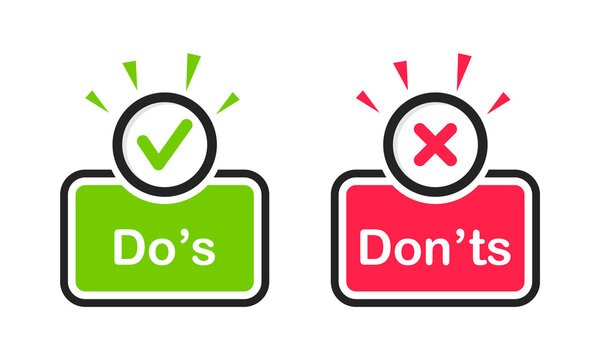All Articles
Recruiter Mental Health in 2025: A Trend You Can’t Ignore

Nada Fouad
Marketing
News & Updates
Jan 27, 2025

Recruiting is intense. With rising demands and constant pressure, recruiters are facing burnout at alarming rates. As we move into 2025, the mental health of recruiters is not just a buzzword—it’s critical for success. It’s time to talk about why recruiter well-being is essential and how it directly impacts your ability to hire top talent.
The Mental Health Crisis in Recruiting
Burnout is Real:
70% of recruiters report feeling overwhelmed, with many working 55-60 hours per week (Recruitment & Employment Confederation, 2024).
42% say work stress negatively impacts their mental health and productivity (CareerBuilder, 2024).
The Talent Shortage Dilemma:
69% of employers are struggling with talent shortages, which only increases the stress on recruiters (ManpowerGroup, 2024).
High turnover in recruitment is an ongoing issue—46% of recruiters leave within their first year due to burnout (Glassdoor, 2023).
How Stress Affects Recruitment Performance
Impact on Candidate Experience:
35% of candidates report a negative experience when recruiters are stressed, which hurts your brand (SHRM, 2024).
Delayed responses and poor communication are direct results of recruiter burnout.
Poor Decision-Making:
Stress impairs judgment: 43% of recruiters say anxiety affects their ability to assess candidates clearly (Harvard Business Review, 2023).
The Key Causes of Stress in Recruiting
Pressure to Perform:
The demand to fill roles quickly leads to overwhelming expectations. 46% of recruiters feel constant pressure to meet quotas (Recruitment & Employment Confederation, 2024).
Lack of Support:
35% of recruiters report having no mental health resources or support from their employers (SHRM, 2023).
Practical Ways to Manage Stress and Improve Mental Health
1. Provide Robust Mental Health Resources
Mental Health Days & PTO: Encourage time off to recharge. 72% of recruiters say mental health days improve focus and job satisfaction (Glassdoor, 2023)
Employee Assistance Programs (EAP): Provide access to confidential therapy, counseling, and stress management workshops.
Wellness Initiatives: Offer on-site or virtual meditation, yoga, and other programs to reduce stress.
Impact:
75% of recruiters say mental health resources boost productivity and focus (Glassdoor, 2023).
2. Foster Work-Life Balance with Flexibility
Flexible Hours & Remote Work: Allow recruiters to set their schedules or work remotely to reduce stress. 60% of recruiters feel more satisfied with flexibility (CareerBuilder, 2024).
Results-Oriented Culture: Focus on outcomes, not hours worked. This helps prevent burnout and promotes trust.
Impact:
85% of recruiters report higher job satisfaction with flexible work options (CareerBuilder, 2024).
3. Automate to Reduce Stress with AI & Tools
AI-Powered Screening & Sourcing: Automate resume screening, candidate outreach, and follow-ups with platforms like Hire.inc, cutting manual tasks by 40% and freeing recruiters from burnout.
Automated Scheduling: Hire.inc & other AI tools handle scheduling interviews, reducing back-and-forth and saving recruiters hours each week.
Prioritized Insights: AI helps prioritize top candidates, allowing recruiters to focus on the best fits without decision fatigue.
Impact:
65% of recruiters report reduced stress when AI handles time-consuming tasks (LinkedIn, 2024).
4. Build Collaborative Teams to Share the Load
Collaboration Tools: Use platforms like Hire.inc to share candidate feedback and insights in real time, reducing isolation.
Regular Check-ins: Schedule regular 1:1 to discuss stress points and offer support.
Impact:
59% of recruiters feel less stressed with frequent team collaboration (SHRM, 2023).
Investing in recruiter well-being isn’t optional—it’s essential for thriving in 2025. Prioritize mental health, and watch your hiring success soar.
Explore More
Navigating the SaaS & Startup Talent Pool: Crucial Recruiting Do's and Don'ts for Staffing Agencies in 2025
News & Updates
Jan 27, 2025
